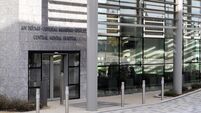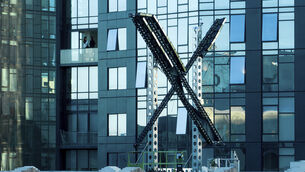Cost of doing business here increases
The council’s Costs of Doing Business in Ireland 2014 report found Ireland’s cost base had been improving during the recession, making it more competitive internationally and a more attractive location for firms to base their operations. “However, despite these improvements, Ireland remains a high-cost location for a range of key business inputs. Addressing Ireland’s international cost competitiveness must, therefore, remain a key economic priority for Government,” it read.
It said the evidence suggested the economy has reached a “turning point” in terms of cost competitiveness and that overall relative cost competitiveness is now disimproving with a series of “upward cost pressures” emerging.













